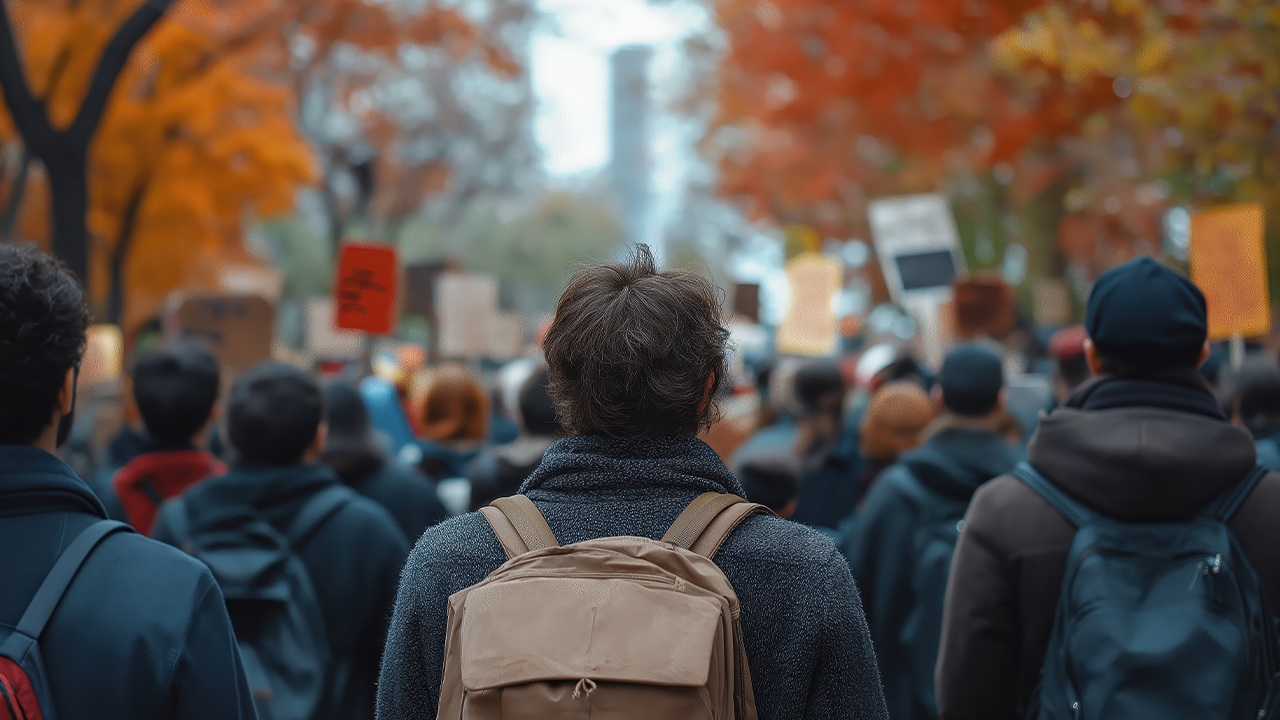Event Info
DATE & TIME
Details

For the past 10 years, protests and first amendment gatherings in response to everything from elections to police misconduct have challenged cities and counties across the United States, with those leading protests and events often organizing via social media and catching local governments off guard. With these events likely to continue for the foreseeable future, it's more important than ever to know how to prepare your jurisdiction for these events, what to do when faced with an incident, and what lessons can be learned from the past.
In this webinar, you'll join the Center for Public Safety Management and a team of law enforcement experts from across the country who have been or are routinely engaged with citizens exercising their first amendment rights. They will answer questions like:
- Expecting your police department to have a contingency plan — what should be included? (Don't become a first amendment agency; tolerance is the key)
- Should you have reserve forces on standby? Automatic aid?
- Do you have a mass arrest and protest management policy? Has it been reviewed by legal and up to date?
- What lessons can be learned from a city manager who has gone through protests and incidents?
- How does a department deal with protests and first amendment rights on a daily basis?
Presenters:
- Tom Wieczorek, director, Center for Public Safety Management
- Curt Boganey, fmr., city manager, Brooklyn Center, MN
- Jeffery Carroll, executive assistant chief, Washington D.C., Metropolitan Police Department
- Chief Jarrod Burguan, chief of police, San Bernardino Police Department

